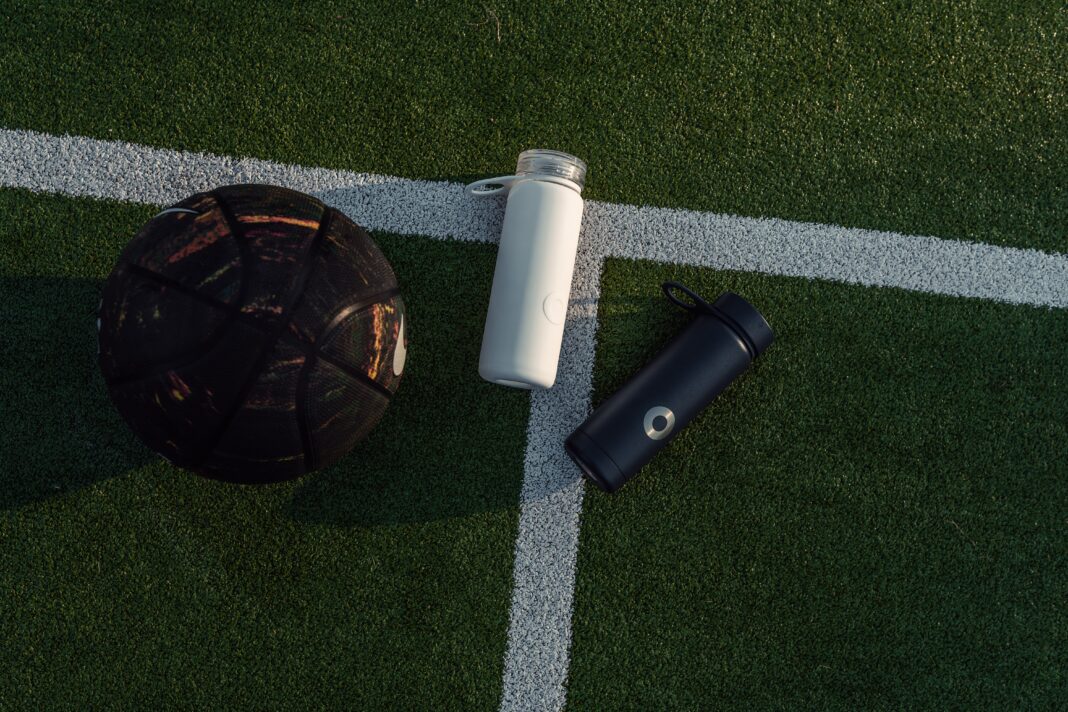Summary
A team of researchers published a study, through the British Journal of Sports Medicine. The objective was, “To determine whether moderate water loss represents a significant impairment to soccer match‐play and the related fitness variables.” (Edwards 2007)
“11 moderately active male soccer players volunteered to participate. The experimental procedure comprised: (1) a 45 min pre‐match period of cycle ergometry exercise; (2) the completion of a 45 min soccer match; and (3) the immediate post‐match performance of sport‐specific and mental concentration tests. The subjects completed the procedure on three occasions each in a different experimental condition (fluid intake, no fluid and mouth rinse) in an individually randomized order.” (Edwards, 2007)
“The differences in match‐play and post‐match tests demonstrate that moderate dehydration is detrimental to soccer performance. However, it remains unclear whether this could be attributable to water loss in itself or the negative psychological associations derived from a greater perception of effort in that condition.” (Edwards, 2007)
Analysis
The uncertainty to the direct causation of soccer-based dehydration, means that the problem likely stems from compounding factors. From a design perspective, any solution combating the issue will contain a certain level of ambiguity. For instance, one player’s performance could be hindered because they didn’t properly hydrate 2-3 hours before the match. Conversely, another player could suffer detriments because of a lack of psychological fortitude when experiencing thirst. In both cases there is a drop in play, yet the cause is completely different. It may be in the best interest of the project to focus on one of the dehydration based factors that correlate with poor performance. By doing so, a more tangible solution may emerge.
Sources
Edwards, Andrew M et al. “Influence of moderate dehydration on soccer performance: physiological responses to 45 min of outdoor match-play and the immediate subsequent performance of sport-specific and mental concentration tests.” British journal of sports medicine vol. 41,6 (2007): 385-91. doi:10.1136/bjsm.2006.033860




